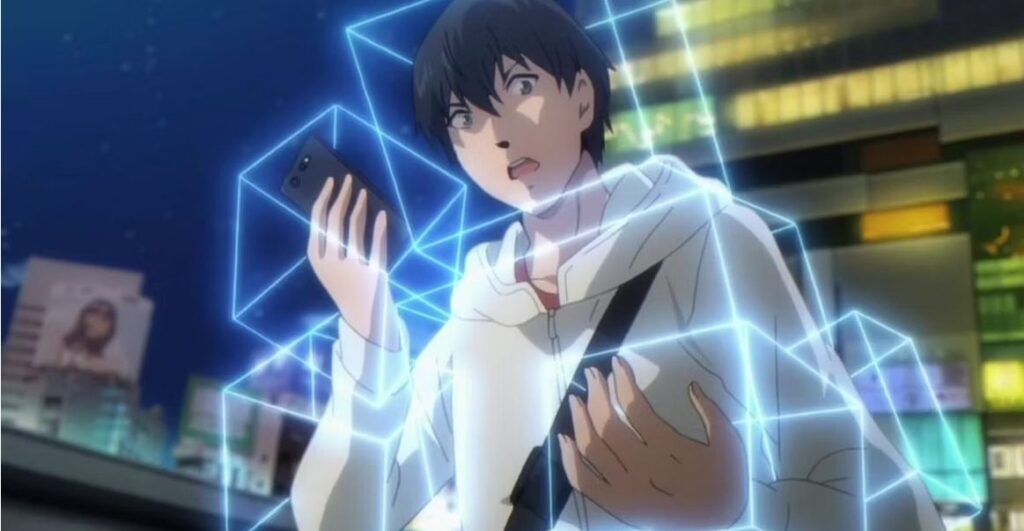Chivalrous Promptitude | The Official Schoolgirl Milky Crisis Blog


To Japan, where the gaming company Cyber Agent has published its guidelines for employees using AI – a deliberate attempt, it seems, to establish rules and etiquette for a new age where machines do so much of the heavy lifting.
Employees at CyberAgent are forbidden from entering “existing works, author names, works, celebrities, or celebrity names into their prompts.” This amounts to a recognition that saying “I want Seven Samurai, but they’re all badgers led by Nicole Kidman” could be seen as an infringement of the copyright in Kurosawa’s movie, and the image rights of Keith Urban’s wife.
It was only last month (NEO #240) that this column was wringing its hands about the effect of machine translation in the world of subtitling and translation. But we’re back again, it seems, in record time, because so-called “artificial intelligence” works its way into so many parts of the production chain.
The company behind Darwin’s Game and Idoly Pride, CyberAgent has been extending its tentacles throughout modern media for some time, in a lucrative tie-up deal with Kadokawa, the establishment of an anime investment arm, and even the acquisition of a theatre company – live events, of course, being the one thing that can’t be cloned, pirated or replicated, forming an ever-growing sector of the anime-adjacent media mix.
This latest announcement represents an important inflection point in the history of AI in media, as it’s something of a line drawn in the sand. CyberAgent is effectively saying that it recognises machines can’t really come up with anything original, and while it’s happy to use them in various parts of the process, it is wary of wading too far into areas that are liable to be subject to legislation in future.
Even though an “image board”, what you might call a scrap book of magazine cuttings and tearsheets, is a commonplace artefact in creative industries, CyberAgent’s creators are forbidden from creating the digital equivalent. No copyrighted images; no photos of the actress that you’d like your lead to look like; no film poster from someone else’s company that sums up the mood you’re looking for. When they write the prompts for their machines, they have to keep things generic, which will keep the results generic.
It implies they’ll make use of AI for harmless backgrounds like “give me a mountain vista” or “a desert with a temple on a hill”, but nothing that might get them sued. Unless it looks like a famous painting of a desert with a temple on a hill…
Jonathan Clements is the author of Anime: A History. This article first appeared in NEO #241, 2024.







